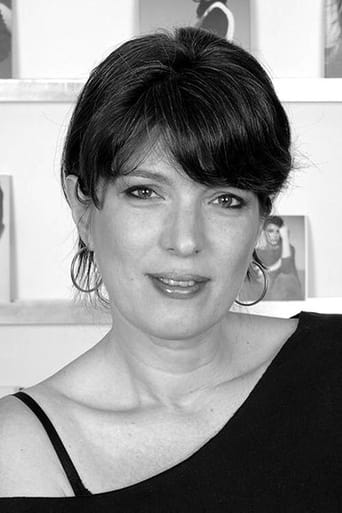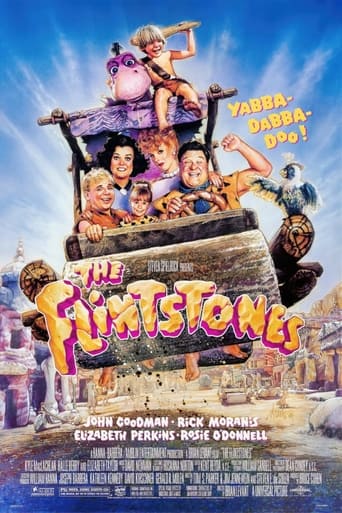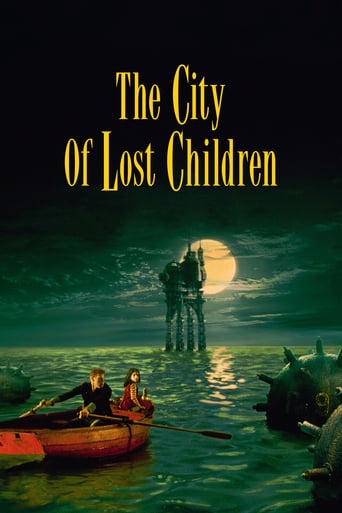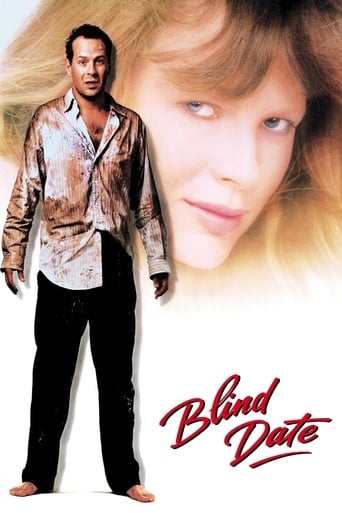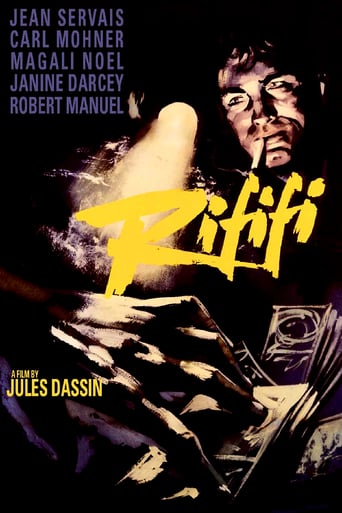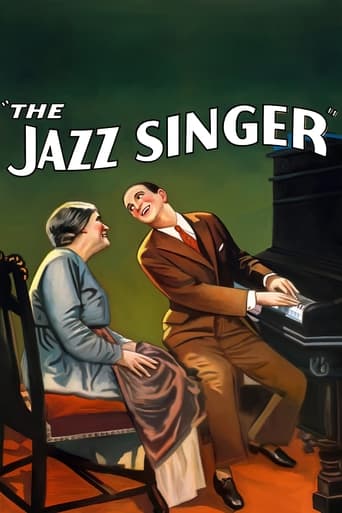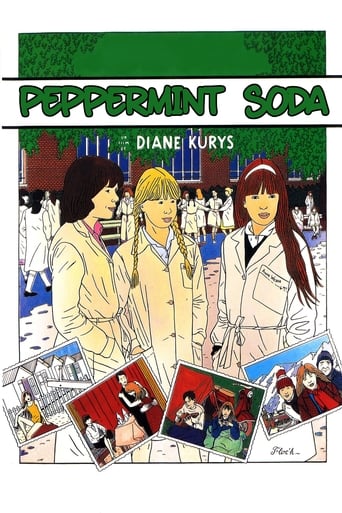

Peppermint Soda (1977)
In the fall of 1963, Anne is becoming a teenager. She lives in Paris with her mother and her older sister, Frédérique. They're just back from summer at the beach with their father. School starts. A turbulent year awaits them both.
Watch Trailer
Cast


Similar titles
Reviews
What appears at first to be the French female answer - in director and in main cast - to the 400 Blows (and to an extent too Small Change, which came out the year before this) - ends up having deeper levels if only because a) there are two sisters here, and the structure of this definitely and umabashedly episodic film is split by the younger one in the first half and then more the older in the second (they're only age different by two years but, one thing this filmmaker knows well and wisely, when you're young those two years matter a great deal), and b) it's more politcal and sociolgically a buzz.If nothing else there are moments the director stops - amid the many, many of lifes little moments - for a side character to have a monologue or reveal something (ie the girl detailing a massacre she witnessed) that keep it humming with drama amid the lightness and comedy. It's a movie with men who seem threatening and welcoming, perversity is around the corner, but innocence is maintaned despite everything. It's a playful, dark, sad, delightful, startling, and full of wisdom. The girl actresses are natural and convincing, even when they have to cry or act besotten or whathaveyou. The drawback overall is it's all too long. But hey, better to have too much than too little.
1963. Anne is in 7th grade or so. Her sister Frédérique is in 9th grade or so. They go to the same school. 'Diabolo menthe' is a nicely observant and fast-paced series of vignettes about their life, especially their school life. The film is the definition of slice of life.We get to see the differences between the lives of the two sisters, and their commonalities. Anne often is in a hurry to grow up, to catch up with her big sister. She wants as much pocket money as her, is happy when she gets her first period after which she immediately demands to join her sister when she goes to the dance club, she steals (or tries to), she plays a prank on Frédérique, she goes to a café after school for the first time but has to go home when Frédérique sees her there, she runs away from a guy on the street who's wearing a coat (presumingly because she thinks he is a flasher, or maybe he really did flash her before), etc. She has a classmate who knows all the things grown-ups now, like about sex and white slavery and such. Of course most of it is utter nonsense, but the other children believe her anyway. Every little thing that happens in her life feels like a tragedy, everything seems so terribly important, in school and out of school.For Frédérique, although a mere two years older, things look quite different. She has become politically active even though politics are forbidden in school. She becomes estranged with her friend in class over political matters and becomes friends with a different girl. She goes camping alone with a boy but grows annoyed of him and drives back home when she hears that a classmate of hers suddenly and mysteriously disappeared. She and the father of the girl who disappeared end up kissing. Etc.What they have in common is that they have to deal with teachers and parents. The teachers all have the typical quirks and shortcomings. They dish out unjust punishments because they don't even want to understand the children, they struggle with their own insecurities more than they struggle with the children, and so on. Just your average screwed up teachers mistreating children, but you as a child couldn't tell anybody about it, because who would care? A teacher would have to rape you in front of the class before somebody cares, which - spoiler alert - isn't something that happens in this film. Of course the children are devils too if you let them, and a teacher who isn't respected by the children has to go through hell when all the children in a class behave like maniacs as soon as you are alone with them.'Diabolo menthe' isn't an overt period piece. There are references to the Kennedy assassination and to Alain Resnais' "Muriel" (because one classmate amusingly sports that same name) but overall this could pretty much take place today. Presumingly it's set in 1963 simply because writer/director Diane Kurys was around the protagonists' age at that time. This also isn't a denunciation of the education system like 'Mädchen in Uniform' or anything, it's just about the everyday life insanity. They are all real people and the dialogues are simple, very true to life. It's all very unassuming. Very relatable. Very enjoyable.
The director's Entre Nous is one of my favorite movies. I had never seen Peppermint Soda, which I understood was equally autobiographical, so rented it. It's quite different in style from Entre Nous - covers far less time, and the "events" in the two sisters' lives are all quite "micro".Yet it's also true that I cannot think of anything that portrays adolescence as it really was (for boys as well as girls) as well as this movie. Kurys has a truly remarkable feel for the extent to which music on the radio was a back-drop, or the way that a long-running dispute with a parent over clothing (in this case, nylons) can punctuate daily life, or the way friendships in school change over time. It's really a brilliant movie - not the most entertaining, but in its way, profound and well worth seeing. You will find yourself liking it more and more and more as the movie develops.
Insight-filled story of one year (1963-64) in the lives of two French sisters, living in Paris with their divorced mother and trying their best to cherish the joy while coping with the pain of growing up. Director Kurys, who dedicated this, her first film, to her own sister "who still hasn't returned my orange sweater," obviously knows whereof she speaks, since the character's ages correspond to her own growing up years. Nevertheless, the actual time period doesn't become clear until late in the movie, and the characters and incidents are certainly universal.As the older sister, Odile Michel is lovely, and does a capable job with her role. The gem in this movie, though, is Eleanore Klarwein, who is captivating as the younger, more sensitive sibling who doesn't yet understand all that is going on around her, but struggles onward to meet each day nonetheless.


